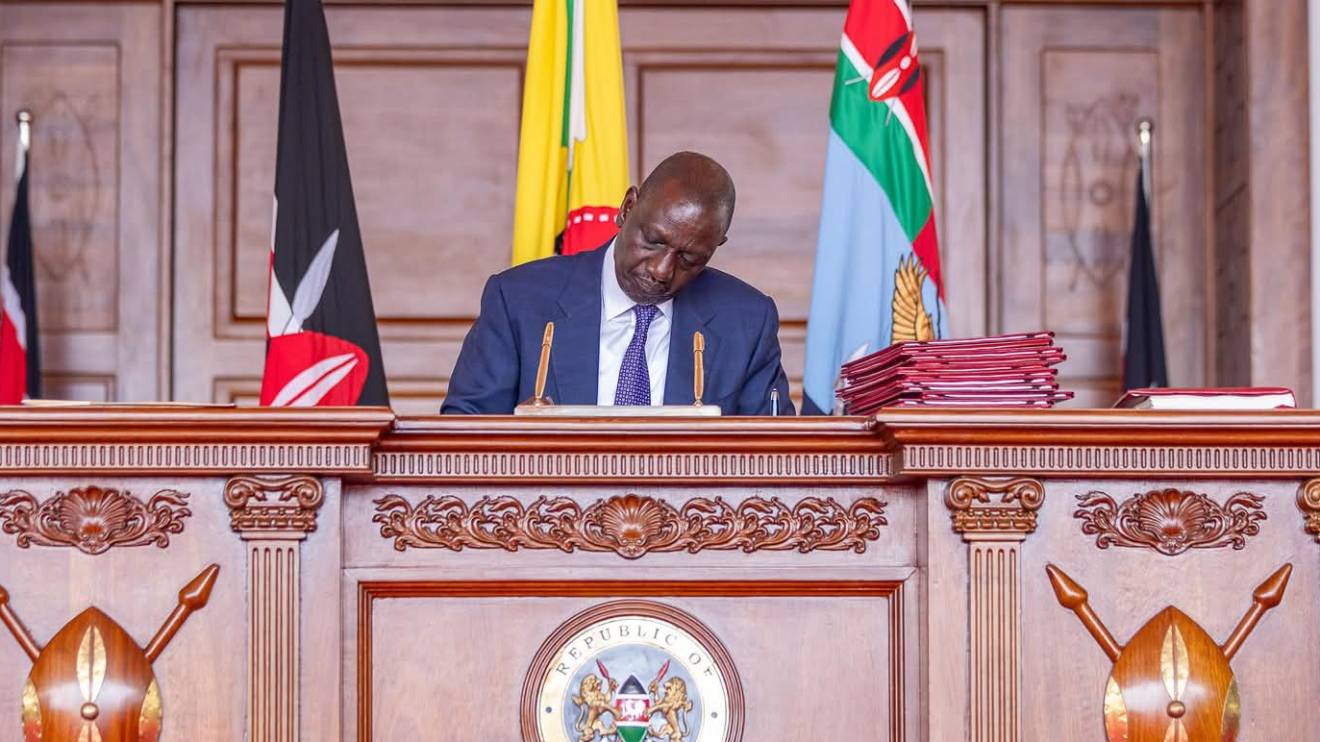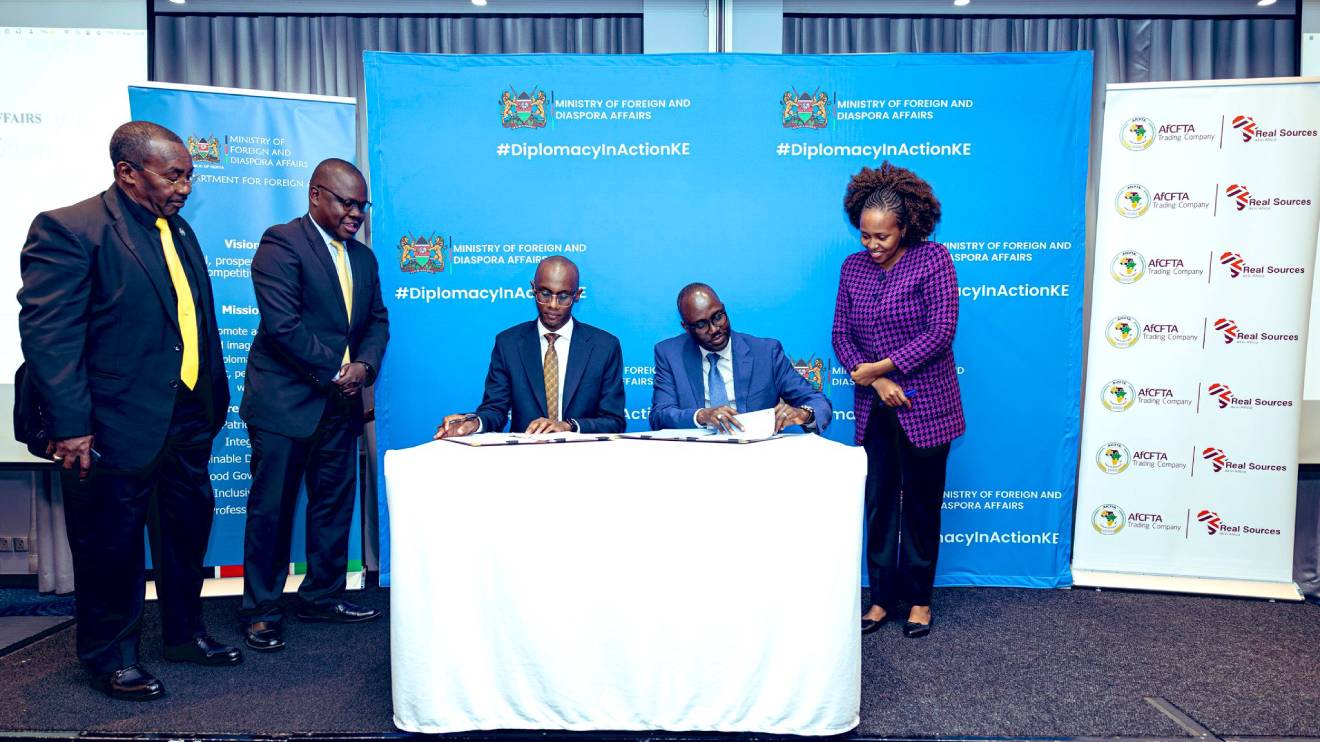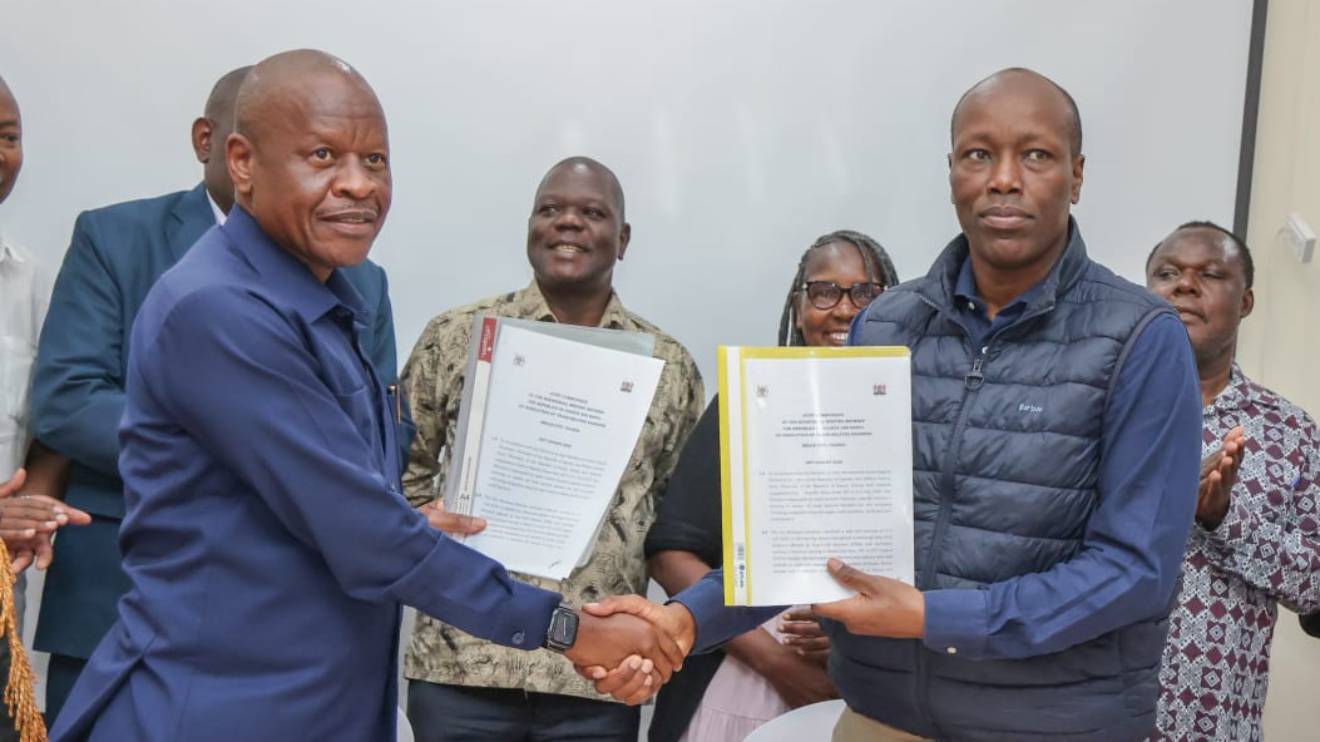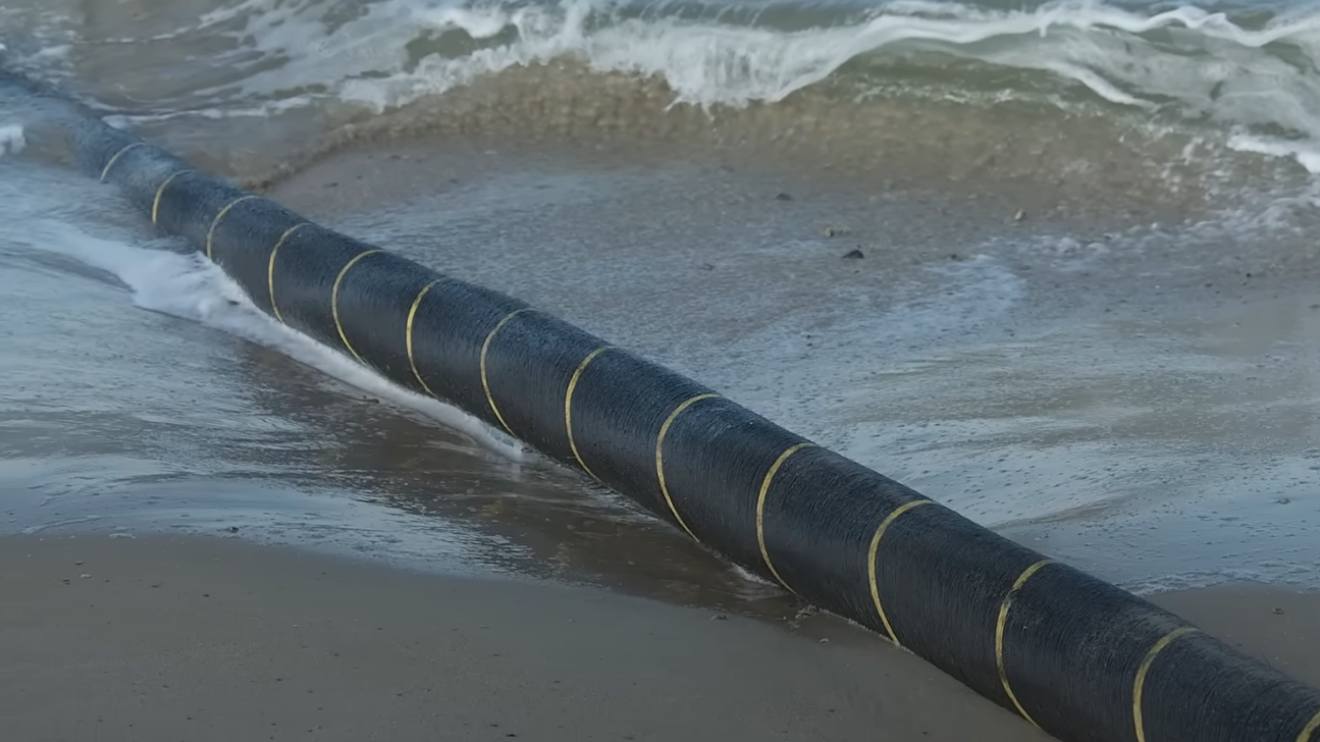Kenya's Auditor General, Nancy Gathungu, has raised serious concerns about the government's low-cost cooking gas project, highlighting potential losses of at least Sh60 million because of faulty equipment and poor implementation.
Launched in 2016, the initiative aimed to provide subsidized liquefied petroleum gas (LPG) cylinders, grills, and burners to low-income households, encouraging them to switch from polluting wood fuel.
Despite Sh1.12 billion invested by June 2023, the project remains riddled with problems.
Safety Concerns and Unrepaired Faulty Cylinders
A key issue identified by the audit is the presence of faulty cylinders. Independent inspectors flagged safety concerns, leading to the project's suspension in 2019.
Read More
An alarming number – 79,057 units of 6kg cylinders – were found to be defective.
While the government engaged suppliers to rectify the issue, the audit revealed a troubling situation.
As of November 2023, over 26,000 cylinders valued at Sh55.3 million remained unrepaired, despite suppliers receiving Sh36.4 million in payments.
The situation is further complicated by one supplier responsible for 11,132 defective cylinders being placed under receivership.
"The State Department engaged the suppliers who agreed to collect and remedy defective LPG cylinders," the audit report read.
"However, as of the time of the audit in November 2023, a total of 26,188 cylinders valued at Sh55,344,068 were yet to be remedied even though the suppliers had been paid a total of Sh36,408,218. In addition, one of the suppliers who supplied 11,132 defective cylinders and paid a total of Sh24,479,268 had been placed under receivership."
Unutilized Resources and Lack of Planning
The audit also unearthed a significant amount of unused project materials.
Warehouses rented by the government and the National Oil Corporation of Kenya (NOCK) were found to be storing a large quantity of undistributed equipment, including 237,616 cylinders and 84,500 cookers.
"Some 237,616 6kg cylinders purchased under Module I and 84,500 two-burner low-pressure tabletop cookers purchased under Module II of the project, together with accessories, were yet to be distributed and were lying at the warehouses rented by the State Department and NOCK," Gathungu's report stated.
More concerning is Ms. Gathungu's critique of the project's overall planning.
She highlighted the absence of crucial elements like project implementation plans, beneficiary identification mechanisms, and technical support for LPG distribution.
This lack of a strategic framework raises questions about the project's effectiveness and casts doubt on whether Kenyans have received value for the substantial investment.
The Auditor General's report exposes critical flaws in the low-cost cooking gas project.
With millions potentially lost and questions lingering about its benefits, the government faces pressure to address these issues and ensure the project delivers on its intended goals of providing clean and affordable cooking fuel to Kenyan households.

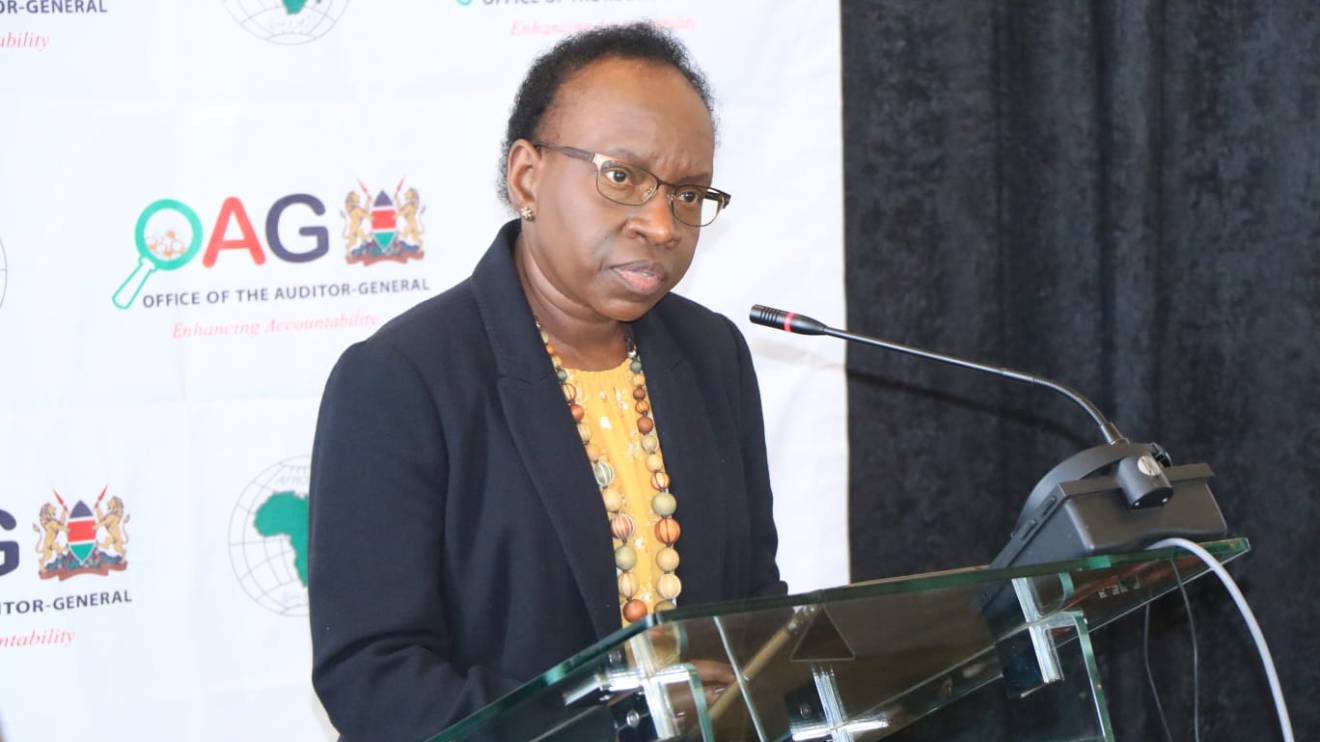


-1756319289.jpg)
